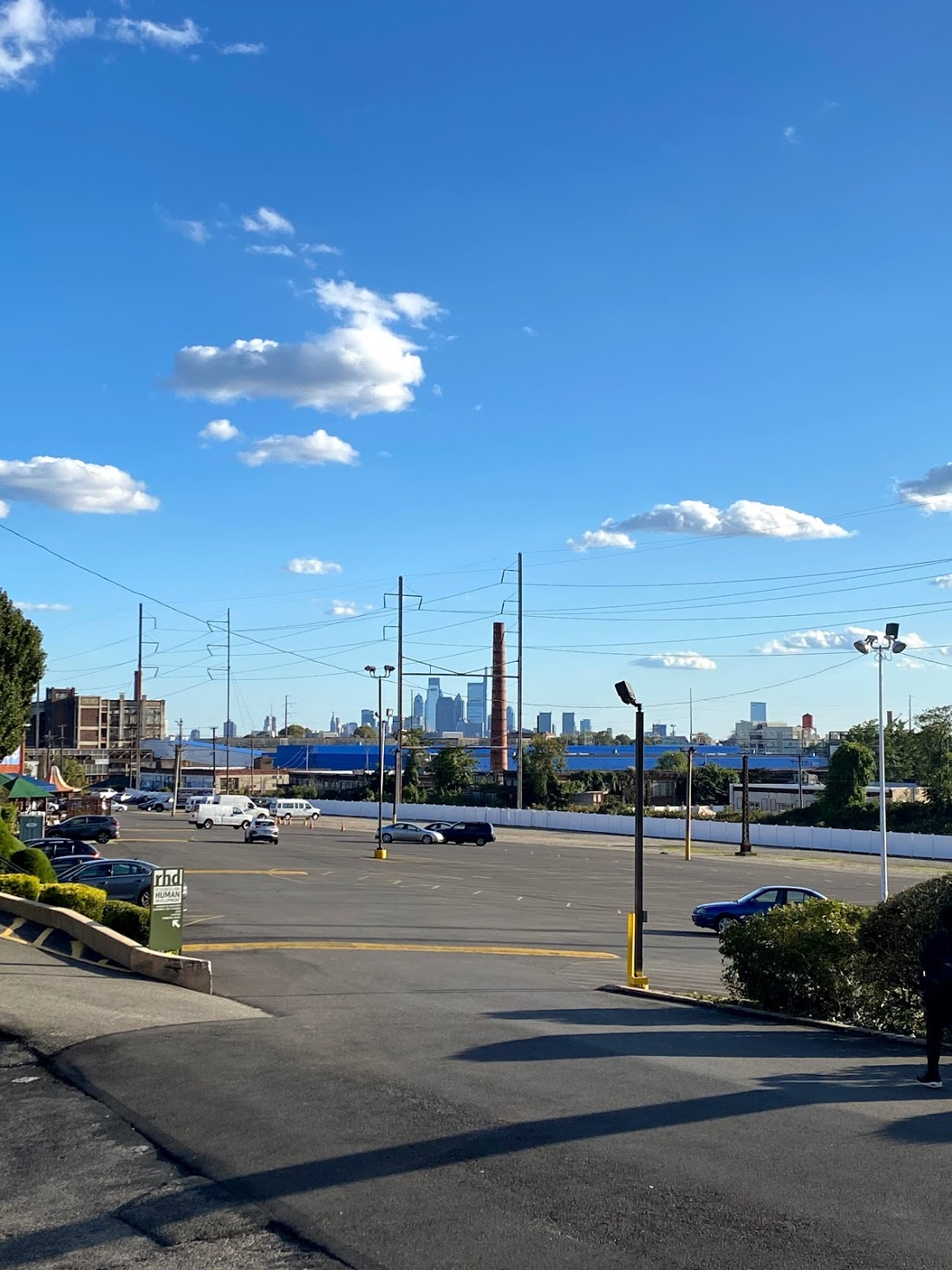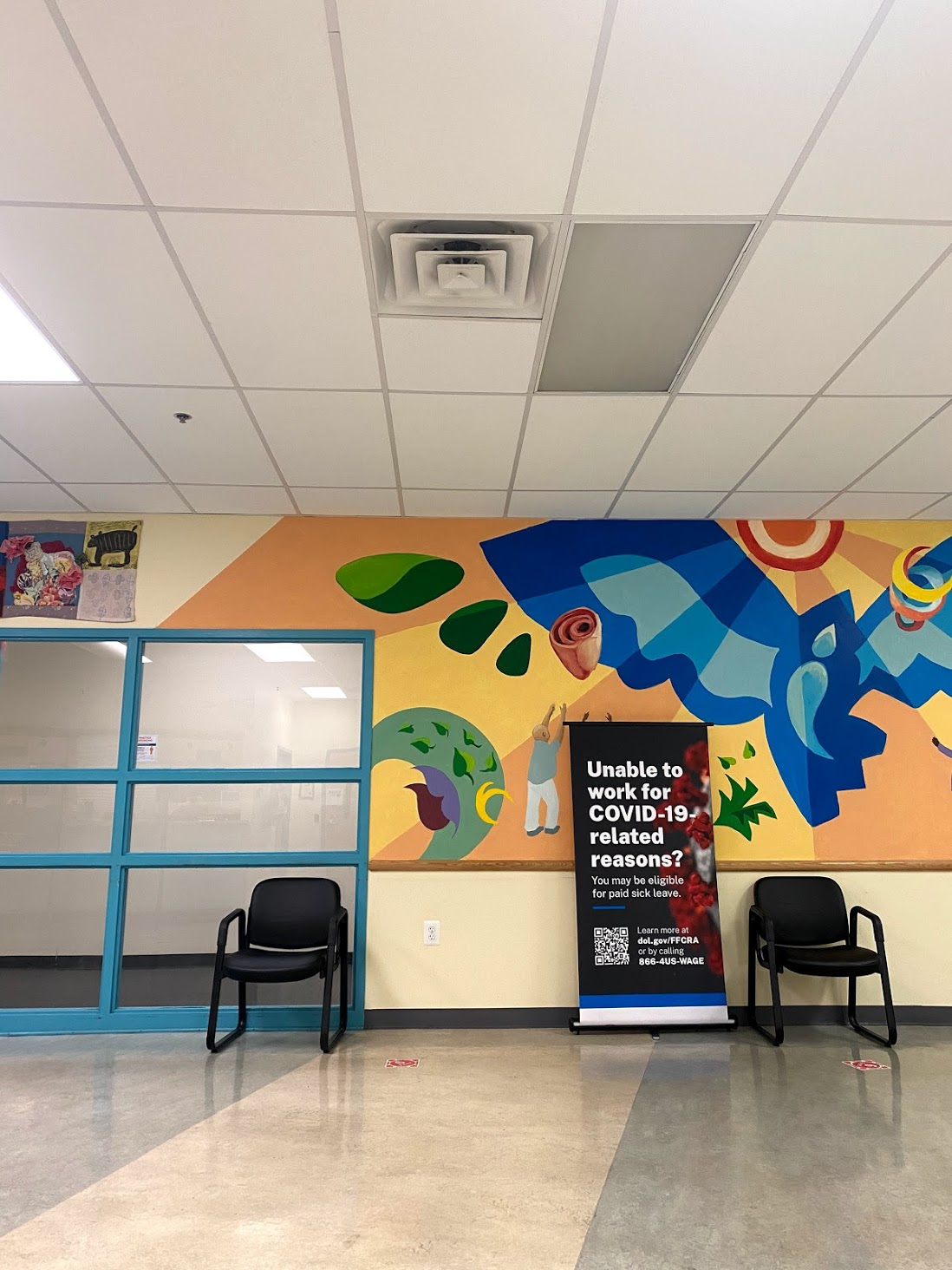What I’ve Learned So Far by Francesca Rossi

(also something that re-energizes me!)
I remember applying to National Health Corps Philadelphia as a Pre-med student, with the primary desire to learn about public health and healthcare geared towards underserved populations through real-life, outside of the classroom experiences. As someone who knew I wanted to go into medicine to combat health inequity, I felt that I needed to see the effects of health disparities on an individual patient level in order to have clarity on what solutions I was working towards. As we’re passing the halfway mark, I am beyond grateful to be able to say my service year has exceeded my expectations as a transformative and crucial learning experience. Through my position serving as a senior patient advocate at Abbottsford Falls Family Practice in northwest Philadelphia, I’ve been able to learn about the workings of our healthcare and social service systems, the impacts that barriers to health can have on patient well-being, and I’ve even learned a lot about myself and how I take on a role providing patient care in a primary care setting.
As a senior patient advocate, I serve with the social work team at my health center, primarily by conducting outreach to the senior patient population at my clinic to connect them with resources such as public benefits and insurance information. The first thing I learned in my position is how complicated and difficult it can be to navigate social services. The applications are long and may take some time for someone who may never have applied for benefits like Medicaid before. Additionally, there is a lack of education on eligibility and different programs that are set up for individuals to get health insurance and other assistance, so many individuals may not even bother applying on their own if they don’t think they are eligible while there may actually be a program, such as Medical Assistance for Workers with Disabilities (MAWD) that has higher income and resource limits that they qualify for. The most difficult part of navigating these programs comes after one has submitted their application, when they need to submit documentation of income, citizenship, resources, utilities, proof of disability and more. Documents sometimes are not sufficient enough, are not uploaded correctly, and sometimes plainly disregarded which may lead to denials of health insurance or food stamps, which can have serious consequences for a patient who may need to see a pain specialist, or a patient who is experiencing food insecurity due to low funds. In general, a lot of advocacy is required to ensure that your application is approved even when you may be textbook eligible-advocacy that takes time and knowledge of necessary next steps that individuals often do not have. Financial hardships and the stress of not being insured goes hand-in-hand with a patient’s health, as this stress can often damage their mental health and can lead to them putting their physical health on pause.

Falls Family Practice
Through providing service to a diverse population in northwest Philly, I’ve also learned how crucial language accessibility is in patient care. Fortunately, my health center has access to a language line, where I can call interpreters who serve as confidential middle-men. The language line has been imperative in providing patients assistance with getting insured, getting insurance questions answered, and learning about housing and food pantries in the city, and without it a lot of my patients would be the victims of serious health inequity.
Lastly, I’ve learned a lot about myself and how I approach patient care; These lessons are easily transferable to my future as a physician. It’s been difficult for me to call patients with bad news, such as their ineligibility to accessible health insurance or other benefits, or having to tell patients that there is a severe lack of affordable housing in the city. I’ve found new ways to improve through my position. And while serving at a Federally Qualified Health Center, I’ve felt the work to be taxing at times, surely due to working in a sector that is underfunded and under resourced while trying to help communities that have been left behind for so long. But with this I have also been able to recognize what helps reenergize me most, which are the little moments of victory, and bearing witness to incredible and inspiring co-workers who have been in the field for years and manage to stay fully committed to helping their community. It can be difficult work but it is necessary and fulfilling work, and I feel beyond grateful to be learning these lessons before heading into my training to become a member of the field.